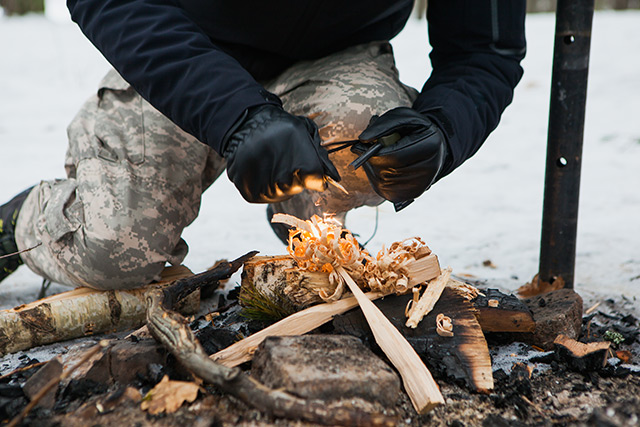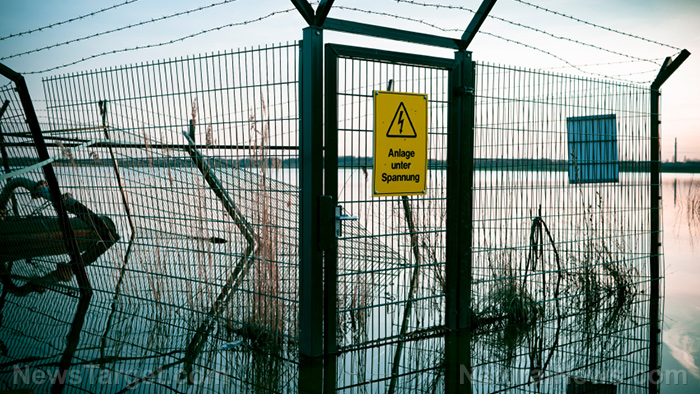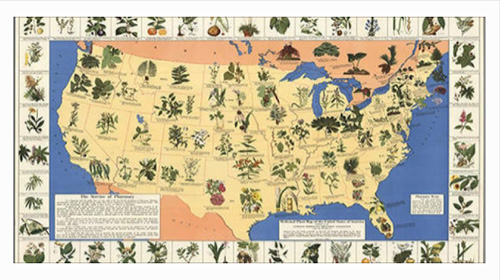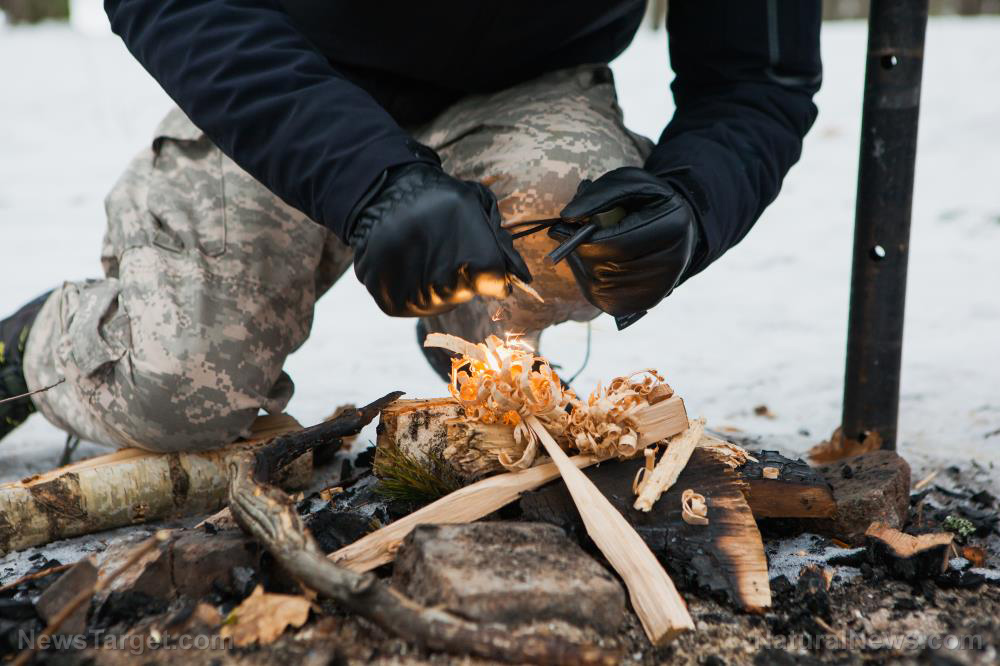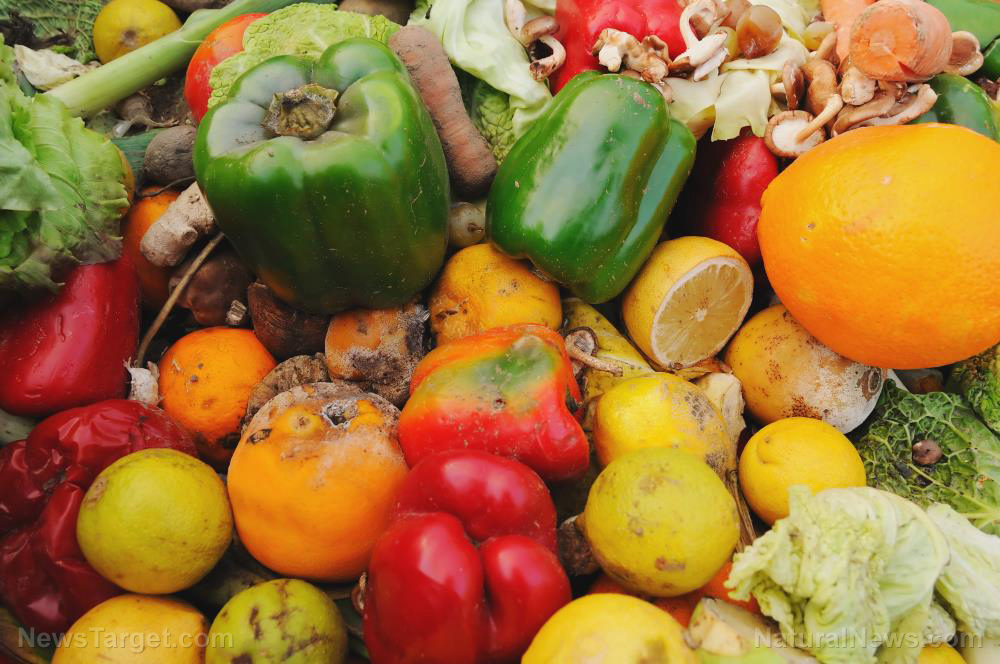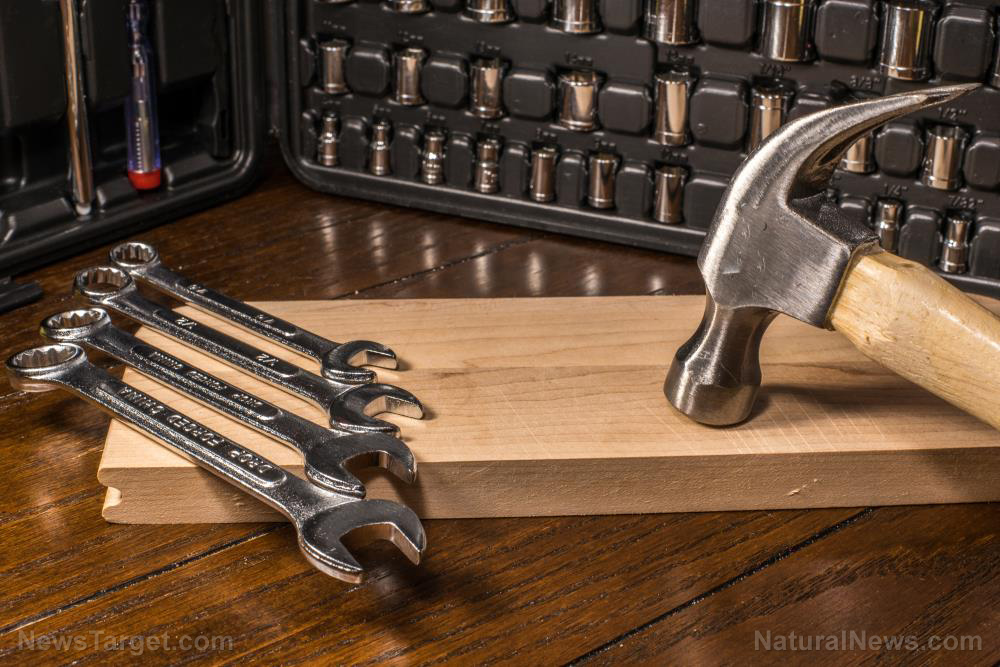How to make your own DIY washing machine
04/05/2018 / By Zoey Sky
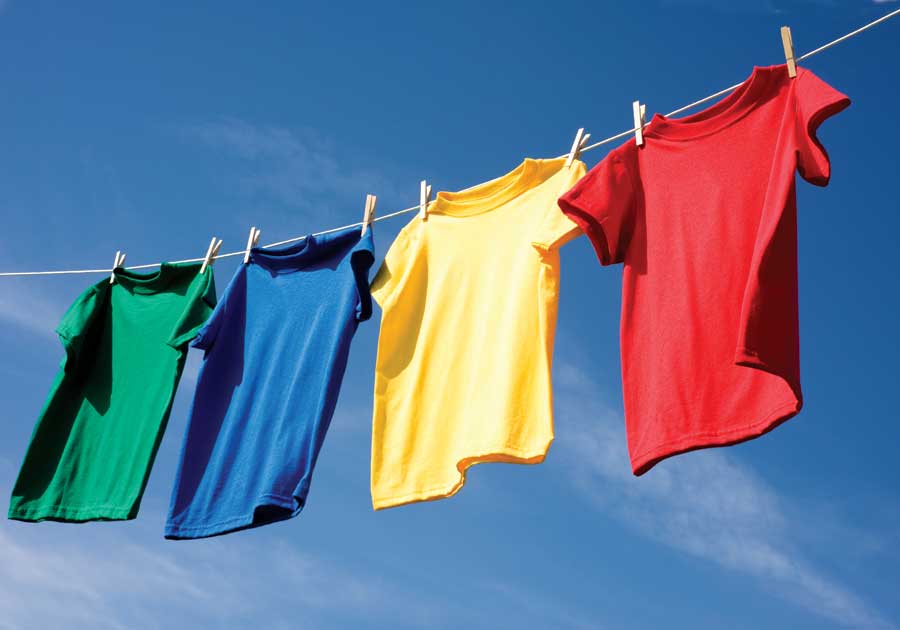
When prepping, people often prioritize food supplies, water, and survival gear. But what about a way to keep your clothes smelling fresh and clean even after SHTF?
Consider setting up an emergency washing machine, which you can make using a portable washer like the Ball Breathing Mobile Washer. (h/t to FoodStorageMoms.com)
With a mobile washer, you can keep your laundry clean even if you lose power. You don’t even have to wait until disaster strikes. You can use your DIY washing machine if you don’t feel like waiting until laundry day to wash several items of clothing. (Related: Bike Washing Machine cleans your laundry while you pedal to burn calories.)
With an emergency washing machine, you can minimize your electricity use since all you’ll need is a bucket and a mobile washer. For this particular design, you will need two five-gallon buckets with Gamma Lids.
You can easily store your DIY washing machine with some camping gear or in an RV. If you have 17-gallon wash buckets, you can use mobile washers to clean larger items like sleeping bags.
Making the DIY washing machine
- The Ball Breathing Mobile Washer is available in two styles: one with a straight handle and one with a T-shaped handle. First, drill a two-inch hole in the top Gamma Lid for the five-gallon buckets. You can also store the handle inside the buckets with the Gamma Lid.
- Using a mallet, tap the ring with the threads of the Gamma Lid on the top bucket. This will secure it in place. Then, place this bucket inside the other bucket.
- The handle has four pieces that you can easily assemble. Screw them together before you use the handle.
- Using a drill, make several one-inch holes in the bottom of the “top” bucket. These holes will let the water flow through when you’re swishing the water. You can prepare two bucket sets so you’ll have one set for washing and another for rinsing.
- When storing your buckets, you can place a piece of cloth between the rims of the buckets, so they don’t stick together.
If you want a bigger container to wash more clothes in, you can use galvanized wash buckets instead. When SHTF, you can use this DIY washing machine to wash:
- Blouses
- Cloth menstrual pads
- Cloth diapers
- Cloth towels
- Hand towels
- Pants (you can wash heavy jeans, but they’ll be heavier and harder to wash)
- Sheets and pillowcases
- Shirts
- Skirts
- Socks
- Underwear
- Wash rags
- Wash towels
With a DIY washing machine, you can cross off dirty laundry from your list of things to worry about if and when SHTF.
How to make antibacterial laundry detergent
Now that you have a DIY washing machine, why not make some homemade antibacterial laundry detergent?
Ingredients:
- A bar of shaved bar soap – You can use either a homemade laundry bar of soap or you can buy an antibacterial soap.
- One cup of borax
- One cup of washing soda/sodium carbonate
- Seven drops of natural tea tree oil – This is optional, but it can help disinfect your clothes.
Steps:
- Shave the bar of soap – When making your own soap, you use any natural fragrance that you want. You can also buy some natural antibacterial soap. Once you’re done, you can blend the mixture using a blender or food processor to get a fine powder that will dissolve easily.
- Add one cup of borax – Used for detergents, cosmetics, and enamel glazes, borax is a natural anti-fungal ingredient.
- Add one cup of washing soda – Washing soda/sodium carbonate is a water softener used in laundering. It can also be used to remove grease, oil, and wine stains. Additionally, washing soda can neutralize the corrosive effects of chlorine and raise the pH level of water.
- Add seven drops of tea tree oil – A natural disinfectant, tea tree oil can also eliminate nasty smells on clothing.
Just add one to three tablespoons (tbsps) per load (three tbsps for large or heavily soiled loads). Store the detergent in an airtight container.
You can read more articles about DIY alternatives to appliances that you regularly use at Preparedness.news.
Sources include:
Tagged Under: Ball Breathing Mobile Washer, Collapse, disaster, DIY washing machine, emergency washing machines, Gear, Laundry, mobile washer, off grid, preparedness, prepper, prepping, self-reliance, SHTF, survival, survival skills, survival tools, washing machine, washing machines

